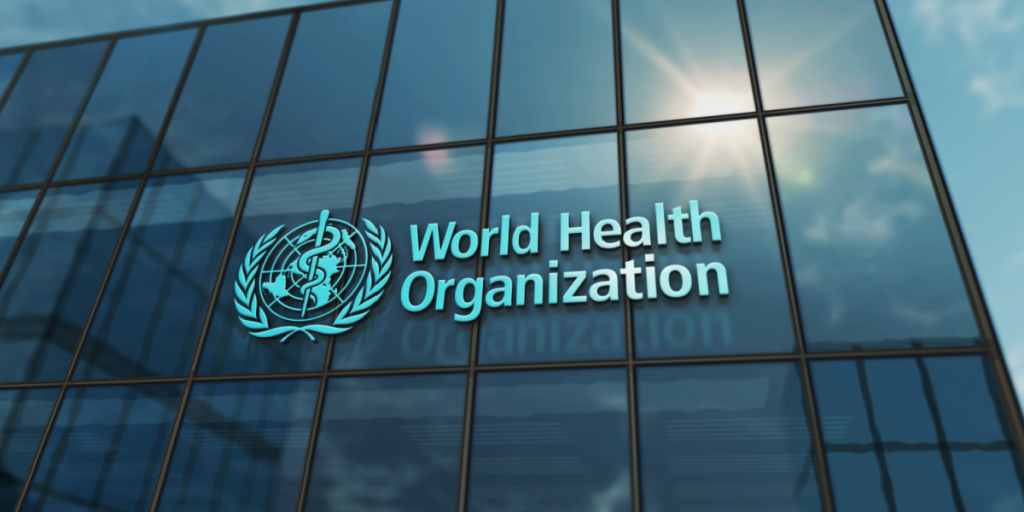Botswana’s Bold Move Ends HIV Transmission from Mothers to Children
Others are reading now
Millions of children worldwide have been born with HIV. Fighting this has been a global health priority for years.
Many countries struggle to prevent mothers from passing HIV to their babies. But Botswana has just reached a major milestone that shows change is possible.
Botswana is the first country in Africa with a high number of HIV cases to eliminate the transmission of HIV from mother to child as a public health problem, reports Digi24.
The World Health Organization gave Botswana a Gold Tier status for this achievement.
Also read
Huge Success
This recognition reflects years of strong leadership, smart health strategies, and teamwork.
According to recent data, about 360,000 people live with HIV in Botswana. But 98% of pregnant women with HIV are now receiving treatment.
This has pushed the rate of HIV passing from mother to baby down to just 1.2%. That is far below the World Health Organization’s limit of 5%. In 2023, fewer than 100 babies in Botswana were born with HIV.
The World Health Organization praised Botswana’s success. They said it shows what can happen with good health systems and strong political will.
This Gold Tier award came after careful checks of health programs and data. Botswana had earned a Silver Tier status just two years earlier.
This progress is part of a bigger plan called the Triple Elimination initiative. It aims to stop mother-to-child transmission of HIV, syphilis, and hepatitis B through better care during pregnancy.
New Effective Treatments
Botswana used new and effective treatments early on. For example, they adopted Option B+, which gives lifelong HIV treatment to all pregnant and breastfeeding women with HIV.
They also offer free antiretroviral therapy to everyone, including non-citizens. Plus, they made health services easier to reach by spreading them across the country.
Even with less help from outside, Botswana is finding ways to keep these gains.
The government is raising more money at home and working with private groups. The goal is to keep protecting mothers and babies.
This achievement is important not just for Botswana but for all of Eastern and Southern Africa.
It proves that ending mother-to-child HIV transmission is possible, even where the disease is common.


